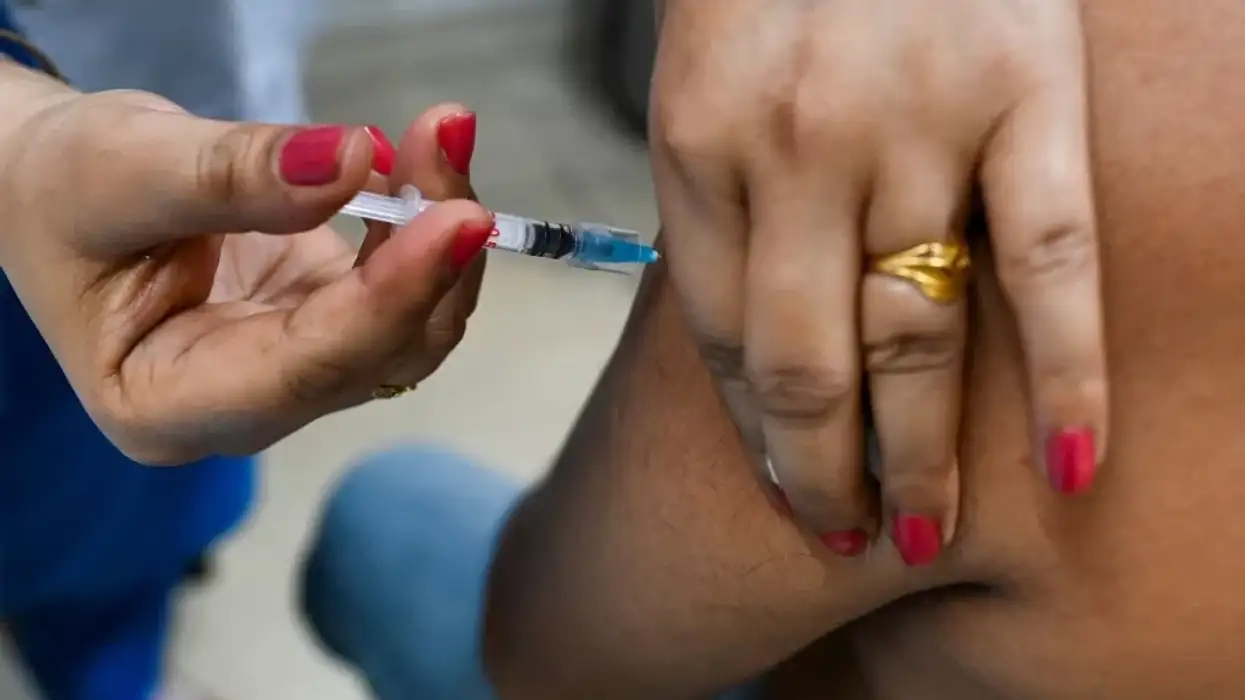INDIA recorded more than 50,000 new coronavirus cases on Thursday (25) for the first time since November as a new wave of infections takes hold a year after one of the world's tightest Covid-19 lockdowns was imposed.
The government and Indian vaccine giant the Serum Institute meanwhile declined to comment on reports that New Delhi is restricting exports to prioritise domestic needs for its faltering inoculation drive.
The nation of 1.3 billion people was this month overtaken by Brazil as the second-most infected country after cases dipped in December and January from a peak of nearly 100,000 per day in September.
But recent weeks have seen an uptick, with health ministry data on Thursday showing almost 54,000 new infections over the previous 24 hours.
India's strict lockdown has been steadily eased over the past year and in recent months most activity, including weddings, religious festivals and some cricket matches, returned to normal.
Now many regions are reimposing curbs, particularly in the hard-hit western state of Maharashtra where officials have launched random virus checks in crowded areas in the local capital Mumbai.
"Just to enter a mall, you have to give Rs 250 ($3.50) over here, (and) that too with a queue of one hour," said Mumbai resident Mohit Jain as he lined up to enter a shopping mall.
"It will cause a lot of inconvenience for the malls as well as for the customers also," he told AFP.
The country's known coronavirus cases are approaching 12 million, with more than 160,000 deaths.
The health ministry said Wednesday (24) that the variants first detected in Britain, South Africa and Brazil have been found in India, but not in 'numbers sufficient to either establish (a) direct relationship or explain the rapid increase in cases in some states'.
India meanwhile has administered more than 53 million vaccine shots.
This week, it decided to allow all over-45s to be inoculated as it attempts to vaccinate 300 million people by August.
India is a major vaccine supplier to poorer nations, having so far sent more than 60 million doses to 76 countries, mostly AstraZeneca shots manufactured by the Serum Institute.





